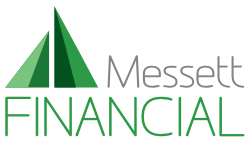A financial advisor can definitely help create a predictable cash flow for your business. Here’s how:
1. Cash Flow Forecasting
- A financial advisor can project your income and expenses over time using historical data, seasonal trends, and market conditions.
- This helps you anticipate shortfalls or surpluses in cash and plan accordingly.
2. Budgeting and Expense Management
- They can assist in building a realistic budget that aligns with your revenue cycle.
- Advisors identify areas of wasteful spending and help you optimize operating expenses.
3. Revenue Strategy and Pricing
- Financial advisors can evaluate your revenue streams, helping you improve pricing strategies or diversify income sources.
- They can also assess customer payment terms to speed up receivables.
4. Working Capital Optimization
- Advisors help you manage accounts receivable, inventory, and accounts payable to ensure liquidity.
- They can set policies or recommend tools for faster collections and more efficient payables management.
5. Contingency Planning
- They prepare what-if scenarios (e.g., a dip in sales or unexpected costs) to ensure your business remains stable under stress.
- This improves your ability to respond to financial disruptions.
6. Financing Strategy
- If there’s a cash gap, a financial advisor can help you secure lines of credit, loans, or investment with terms that support steady cash flow.
7. Technology and Tools
- They often recommend or implement financial software and dashboards that provide real-time cash flow insights.

